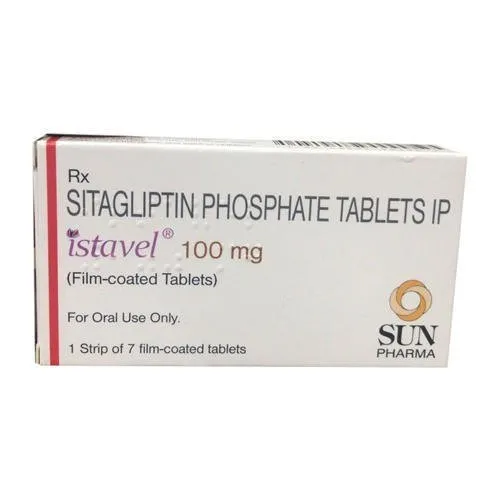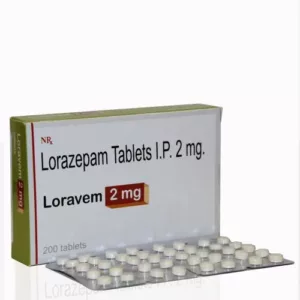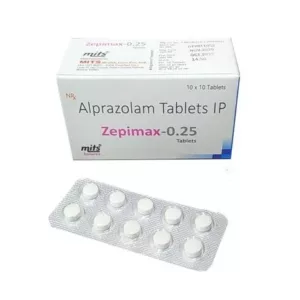SITAGLIPTIN work by blocking the action of DPP-4 (an enzyme which destroys the hormone ‘Incretin’). The enzyme ‘Incretins’ helps produce more insulin only when required and reduces blood sugar produced by the liver when not needed. Thus, SITAGLIPTIN plays a vital role in controlling blood sugar levels and prevents serious complications of diabetes like eyesight loss (retinopathy), kidney (nephropathy), nerve damage (neuropathy), diabetic foot ulcer and delayed wound healing.SITAGLIPTIN should be taken with food or an empty stomach. However, it should be taken at the same time of the day each time for the best results. For better advice, your doctor will decide what dose should be taken, which can change quickly depending on your condition. The most common side effect of SITAGLIPTIN is hypoglycaemia (low blood glucose levels), upper respiratory tract infection, nasopharyngitis (infection of the nose and throat with common cold) and headache.
SITAGLIPTIN should not be used in patients with type 1 diabetes and for treating diabetic ketoacidosis. SITAGLIPTIN should not be stopped even if you feel better without consulting your doctor as the sugar levels change. If you stop taking SITAGLIPTIN abruptly, it may increase your sugar levels which could further increase the risk of eyesight loss (retinopathy), kidney (nephropathy) and nerve damage (neuropathy). SITAGLIPTIN should not be taken if you have severe kidney or liver disease. Please inform your doctor if you have any heart disease or planning to get pregnant or breastfeed. Prolonged intake of SITAGLIPTIN may cause acute pancreatitis (swollen pancreas) and critical kidney problem. Increased risk of hypoglycaemia (low blood sugar level) can occur when SITAGLIPTIN is added to other anti-diabetic agents or insulin therapy. In this case, your doctor may adjust the dose of SITAGLIPTIN. Severe allergic reactions might occur in some patients taking SITAGLIPTIN like anaphylaxis, angioedema (swelling under the skin), and exfoliative skin conditions, including Stevens-Johnson syndrome. The safety and efficacy of SITAGLIPTIN in children under 18 years have not been established, so it should not be given to them. Patients taking digoxin (a heart medicine) with SITAGLIPTIN should be closely monitored as severe drug interaction has been observed.











